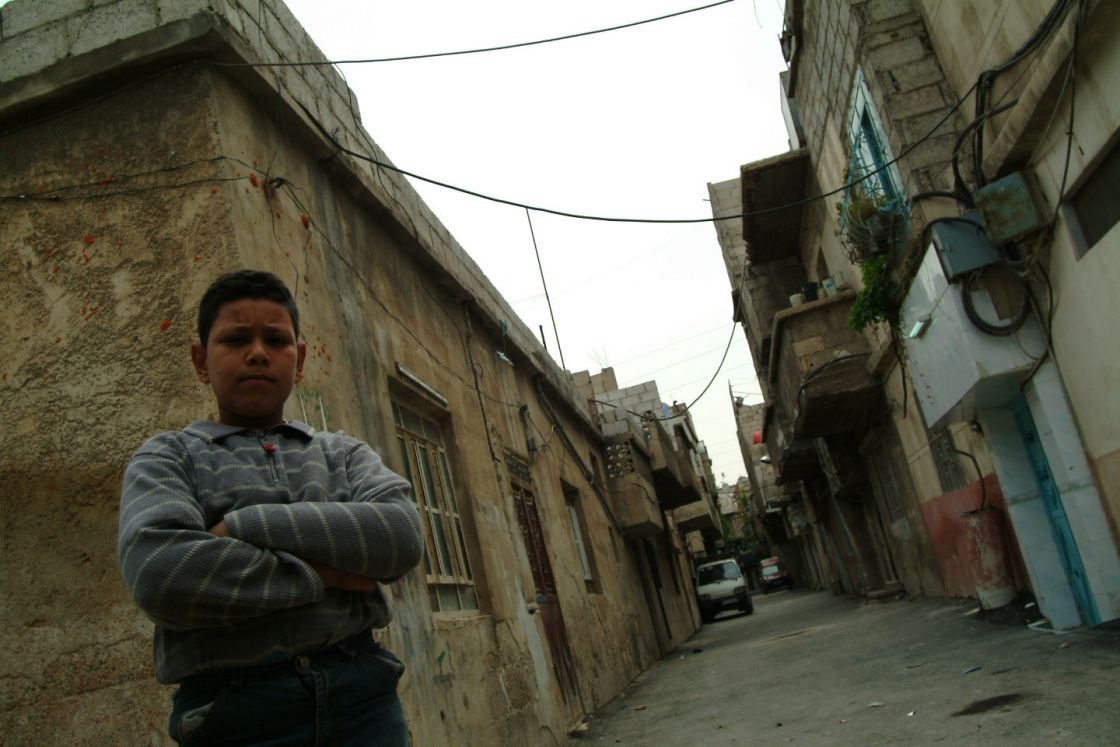- Editorials
- Posted
How Can We Avoid Deepening the Crisis?
There is almost a consensus on that the shift towards economic liberalization in 2005 laid the basis for the 2011 explosion.
A broader view in terms of the timeframe reaffirms what we have repeatedly said about the phases of the crisis (economic – social – political); that is, economic policies that negatively target the interest of people would create social tension, sooner or later, followed by political tension with open possibilities towards security and military tension, including opening the door for more foreign interventions.
In fact, the equation of the crisis with its phases still exists and is tremendously effective. The economic condition is still rapidly and catastrophically deteriorating, the exchange rate of the national currency is just one indicator. This means that the social tension would be escalated rapidly. In fact, it is escalating right now, and the indicators thereof are so clear to everyone with normal sight. This also means that if things continue within the same spiral (economic – social – political), then the country would inevitably be heading towards a new political explosion that would be more dangerous than anytime before.
What should be paid attention to in the current vicious spiral, is that each new spiral is distinguished from its predecessor by being deeper and more effective on the one hand, and faster in pace on the other. In other words, what had previously required 6 years from 2005 to 2011, for the crisis to shift from economic to political, will not require the same period in the next spiral but rather a shorter period, especially if we consider the years 2015–2016 as the beginning of entering the second spiral of the crisis characterized by the accelerated collapse of the exchange rate, as this initiated the shift of the gravitational center of the attack on Syria from the military side toward the economic side.
The accelerating deterioration of the economic and living conditions of the people, and the vulnerabilities that the Syrian pound is exposed to, arises from two clear sources: external and internal. The external source is represented by the continuous and escalating western siege on Syria, which can only be resolved by the immediate transition to a political solution through the full implementation of the UNSC Resolution 2254 in order to drop all pretexts on the one hand, and to restore trade and economic relations with the neighboring countries, in a way that serves the Syrian interest on the other hand. As for the interior source which weakens the Syrian pound, it is represented by the forces of great corruption, which have become immensely giant and deep-rooted in an unprecedented manner, and it have become quite clear that they are accelerating the process of getting rid of the Syrian pounds for replacing them by dollars and smuggle them abroad, because these forces became completely convinced that their own continuation in the country became critically on the stake.
The deep link between the patriotic task and the socio-economic task appears today in its most visible form; it is no longer possible to preserve Syrian territorial integrity and sovereignty without striking the big corruption and without ending the siege, and these two tasks will not be carried out by the political structure that contributed to a large share of the existing and worsening catastrophe. Therefore, the only exit out of the catastrophe, the exit that preserves the country, is the comprehensive political solution through the UNSCR 2254, which opens the door for the Syrian people to their self-determination and to a radical change in the crisis-ridden structures which are no longer able to provide any solution, but are only able to produce more crises.
Kassioun Editorial, Issue No. 949, January 20, 2020.


